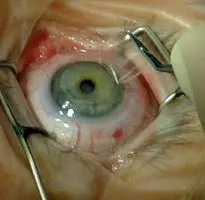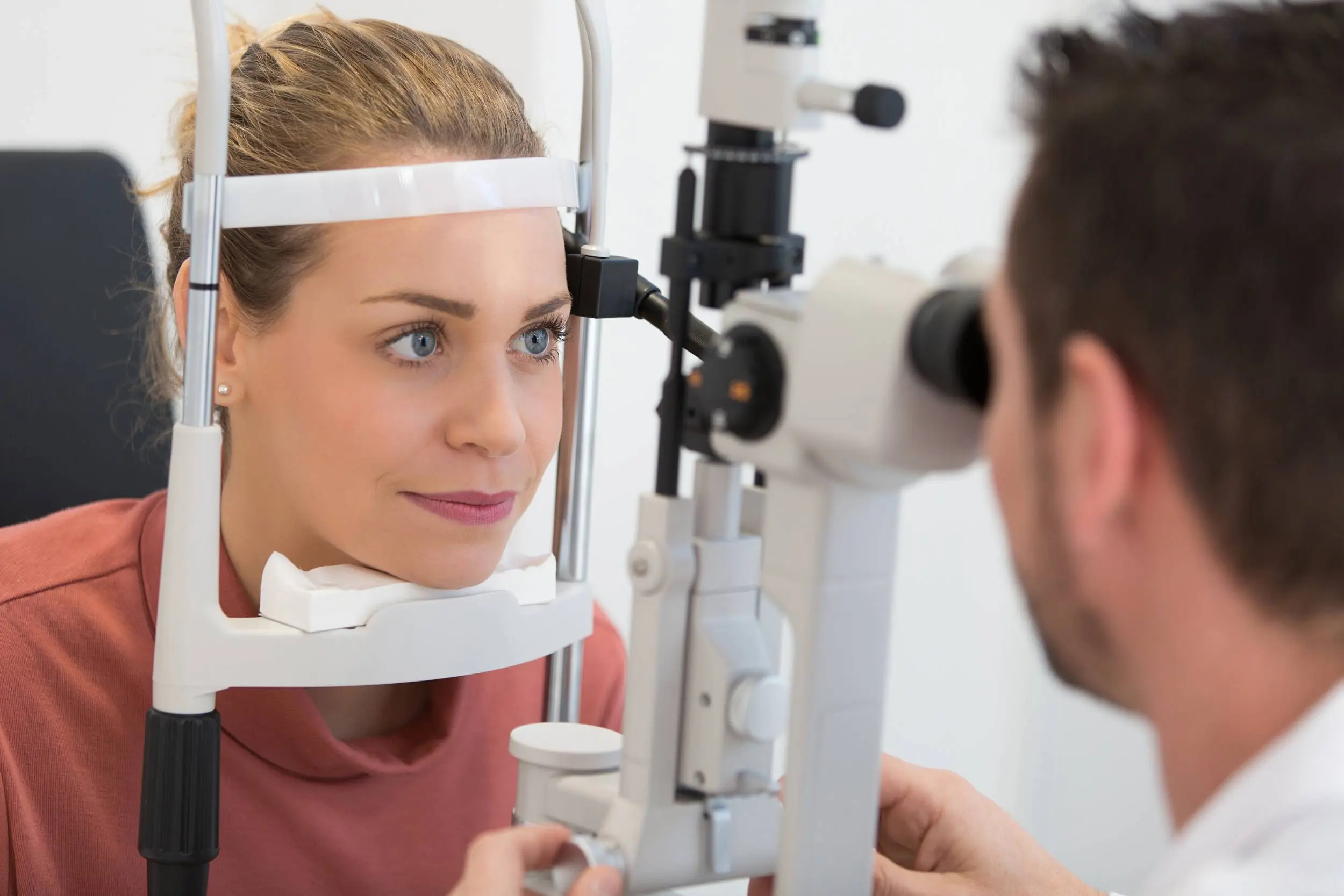
LASIK eye surgery
Contents:
LASIK is a common eye surgery that treats astigmatism, nearsightedness, and farsightedness. Detailed information at the link.

What is LASIK eye surgery?
LASIK is a type of eye surgery that uses lasers to correct vision problems, especially those caused by refractive errors. A refractive error is when your eye cannot refract light correctly, distorting your vision. This can cause, for example, blurry vision, nearsightedness and farsightedness.
The irregular shape of the cornea causes a refractive error. Your cornea is the top, outermost layer of your eye, and your lens is the flexible tissue behind the iris (the round membrane behind the cornea that determines your eye color, among other things). The lens and cornea of your eye refract (distort) light to the retina, which sends information to your brain. This information is converted into images. Simply put, your ophthalmologist will reshape your cornea so that the light hits the retina correctly. The procedure is performed with a laser.
What conditions are treated with LASIK eye surgery?
LASIK helps with refractive errors. The most common refractive errors include:
Astigmatism: Astigmatism is a very common eye disorder that causes blurry vision.
Nearsightedness: Nearsightedness is a vision disorder in which you can clearly see objects that are near, but you cannot see those that are far away.
Farsightedness (farsightedness): Farsightedness is the opposite of myopia. You can see objects in the distance, but have difficulty seeing objects that are close.
Of all the laser treatments for refractive errors, LASIK is the most common. Over 40 million LASIK surgeries have been performed worldwide. LASIK surgery is an outpatient procedure. You don't have to stay overnight in the hospital.
Before LASIK surgery, you and your ophthalmologist will discuss how the procedure works and what to expect. Remember that LASIK will not give you perfect vision. You may still need glasses or contact lenses for activities such as driving and reading. If you choose to have LASIK surgery, your ophthalmologist will perform six tests to double check if you are a good fit for the purpose.

What Happens After LASIK Eye Surgery?
After LASIK surgery, your eyes may itch or burn, or you may feel like there is something in them. Don't worry, this discomfort is normal. It is also normal to have blurry or hazy vision, see glare, starbursts or halos around lights, and be sensitive to light.
Because dry eyes are a common side effect of LASIK surgery, your ophthalmologist may give you some eye drops to take home with you. You may also be sent home with antibiotics and steroid eye drops. In addition, your ophthalmologist may recommend that you wear an eye shield to prevent you from touching the healing corneas, especially while you sleep.
The day after your surgery, you will return to your ophthalmologist to check your vision and make sure your eye is healing.
Leave a Reply